According to TASS, on April 21, Kremlin Spokesman Dmitry Peskov announced that Russian President Vladimir Putin is ready to discuss bilaterally the issue of not attacking civilian targets with Ukraine. Mr. Peskov stated: "When the President said that it is possible to discuss the issue of not attacking civilian targets, the President was thinking about negotiations and discussions with the Ukrainian side in a bilateral format." Mr. Peskov emphasized that President Putin has repeatedly expressed his readiness to negotiate with the Ukrainian side and this is another proposal of his on this issue. Mr. Peskov noted that President Putin and the Russian side remain open to finding a solution to the conflict in Ukraine. Russia is currently continuing to work with the US side and hopes that this process will bring results. According to the Kremlin Spokesman, Moscow welcomes the stance of the US President Donald Trump's administration on rejecting the possibility of Ukraine joining the North Atlantic Treaty Organization (NATO).
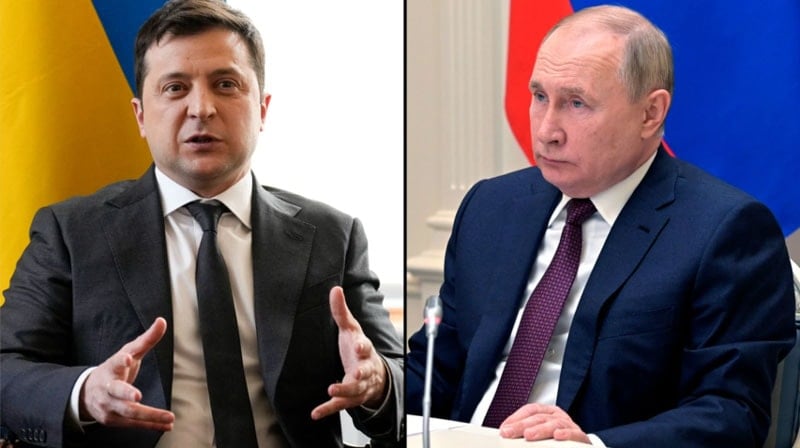 |
| Ukrainian President Volodymyr Zelensky (left) and Russian President Vladimir Putin. Photo: CNN |
Earlier the same day, answering reporters' questions after presenting awards at the Second All-Russian Municipal Forum in Moscow, Mr. Putin said that Moscow has a positive attitude towards any peace initiative and hopes that the Kiev authorities will have a similar view. Mr. Putin also pointed out that it is necessary to solve the problem of not attacking civilian infrastructure. The Russian leader criticized that Kiev often uses these facilities for military purposes. "This is a topic that needs to be carefully studied, possibly bilaterally, through dialogue. We do not exclude this possibility. Therefore, we will analyze all this and make appropriate decisions," Mr. Putin emphasized.
In response to Russia's statement, according to Xinhua, on the same day, Ukrainian President Volodymyr Zelensky affirmed that Kiev is ready to negotiate an unconditional ceasefire. "We are ready to move forward in the most constructive way possible to achieve an unconditional ceasefire, followed by the establishment of real and lasting peace," Zelensky wrote on social network X after a phone call with British Prime Minister Keir Starmer. On April 23, Ukraine held talks in London with Britain, France and the United States on ending the conflict in Ukraine. These talks are a continuation of the meeting in Paris last week, where the United States and European countries discussed ways to end the conflict in Ukraine.
Regarding the proposal to cease fire on civilian infrastructure, on the evening of April 20, Ukrainian President Zelensky proposed to refrain from drone and missile attacks on civilian infrastructure for at least 30 days or possibly extend it. This proposal was made one day after Mr. Putin announced a ceasefire effective from 6 p.m. on April 19 to 0 a.m. on April 21 (Moscow time) on the occasion of Easter. The Kremlin leader said that Ukraine's response during this period would show Kiev's readiness for a peaceful solution. However, during the time the ceasefire was in effect, both sides accused each other of violating the ceasefire.
Russia and Ukraine have not held direct talks since talks in the first weeks after Moscow launched a special military operation in Ukraine in February 2022. Both sides are now facing pressure after Trump said on April 18 that Washington could abandon its mediation role altogether if negotiations to end the conflict in Ukraine do not make significant progress. In March, Russia and Ukraine agreed through US mediation to halt attacks on each other's energy infrastructure for 30 days. However, both sides have accused each other of violating the agreement.
In an interview with RIA Novosti, Jeffrey Sachs, a famous American economist and professor at Columbia University, stressed the need to work towards ending the conflict in Ukraine. According to Sachs, the key to ending the conflict is to address the root causes of the problem. Sachs pointed out three main issues that need to be resolved to achieve lasting peace in Ukraine, including Kiev's neutral status, resolving the territorial issue and collective security agreements for Ukraine, Russia and other parties. Sachs also commented: "It seems that the US position is becoming more realistic when understanding the root causes, first of all, the recognition that NATO will never expand into Ukraine."
LAM ANH
*Please visit the International section to see related news and articles.
Source: https://baodaknong.vn/nga-san-sang-dam-phan-truc-tiep-voi-ukraine-250273.html




![[Photo] Prime Minister Pham Minh Chinh receives Swedish Minister of International Development Cooperation and Foreign Trade](https://vphoto.vietnam.vn/thumb/1200x675/vietnam/resource/IMAGE/2025/5/12/ae50d0bb57584fd1bbe1cd77d9ad6d97)
![[Photo] Prime Minister Pham Minh Chinh starts construction of vital highway through Thai Binh and Nam Dinh](https://vphoto.vietnam.vn/thumb/1200x675/vietnam/resource/IMAGE/2025/5/12/52d98584ccea4c8dbf7c7f7484433af5)

![[Photo] Prime Minister Pham Minh Chinh works with the Standing Committee of Thai Binh Provincial Party Committee](https://vphoto.vietnam.vn/thumb/1200x675/vietnam/resource/IMAGE/2025/5/12/f514ab990c544e05a446f77bba59c7d1)



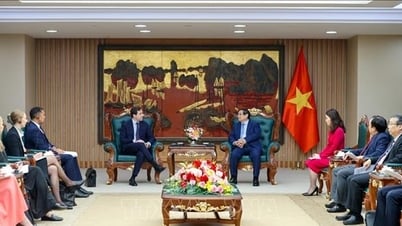






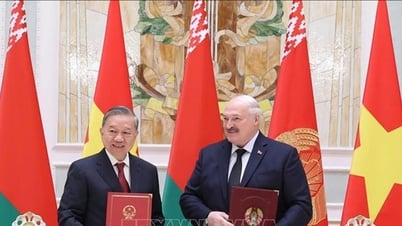
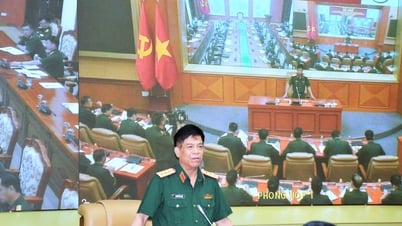
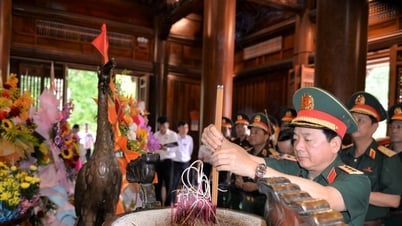
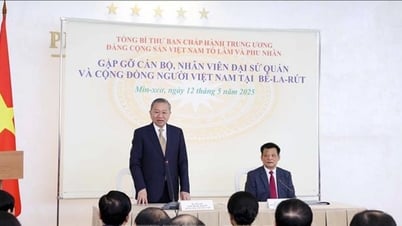
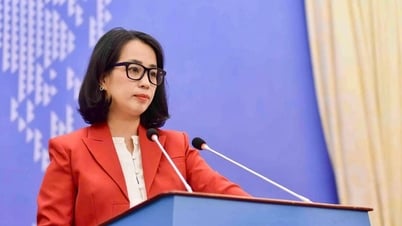

























































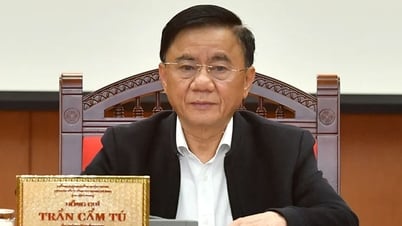












Comment (0)